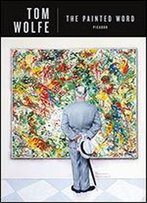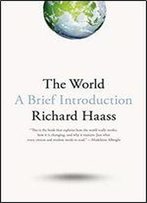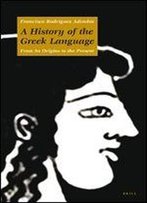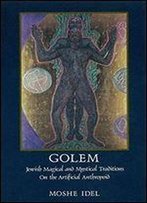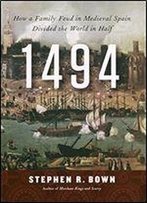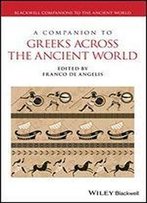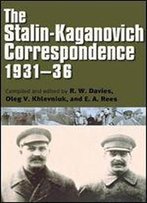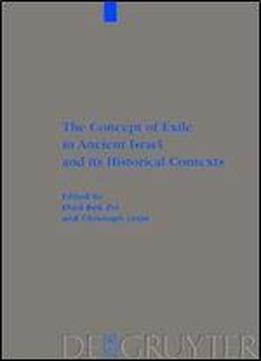
The Concept Of Exile In Ancient Israel And Its Historical Contexts (beihefte Zur Zeitschrift Fa1/4r Die Alttestamentliche Wissen)
by unknown /
2010 / English / PDF
3.4 MB Download
In ancient Israelite literature Exile is seen as a central turning point within the course of the history of Israel. In these texts "the Exile" is a central ideological concept. It serves to explain the destruction of the monarchic polities and the social and economic disasters associated with them in terms that YHWH punished Israel/Judah for having abandoned his ways. As it develops an image of an unjust Israel, it creates one of a just deity. But YHWH is not only imagined as just, but also as loving and forgiving, for the exile is presented as a transitory state: Exile is deeply intertwined with its discursive counterpart, the certain "Return." As the Exile comes to be understood as a necessary purification or preparation for a renewal of YHWH's proper relationship with Israel, the seemingly unpleasant Exilic conditions begin, discursively, to shape an image of YHWH as loving Israel and teaching it. Exile is dystopia, but one that carries in itself all the seeds of utopia. The concept of Exile continued to exercise an important influence in the discourses of Israel in the Second Temple period, and was eventually influential in the production of eschatological visionsThe exile is a central turning point in Israel's construction of the past as it is recorded in the Hebrew Bible. The latter's concept/s of exile are involved, among others, in constructions of patriarchal narratives, the Egyptian sojourn and slavery that led to the Exodus, and the motif of 'the empty land' during the Babylonian period. Moreover, ancient Israelite concepts of exile have exerted much influence in later Christian and Jews discourses. This volume gathers papers presented at two workshops organized by the University of Munich and the University of Alberta.
s
